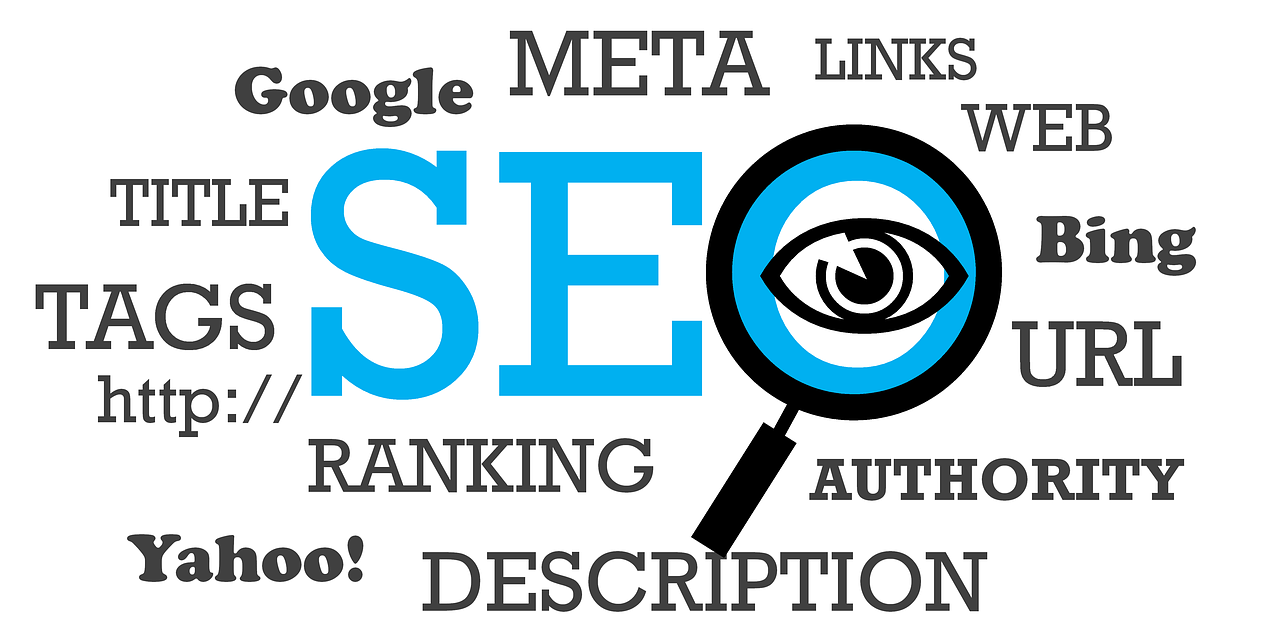Index Social Media Posts
Last Update
When you are using social media platforms to promote your business, more exposure is always better. Sometimes, however, you may feel as though your posts are invisible.
If you aren’t getting much engagement, or if your engagement rate is not reflected in your organic traffic, it may be time to find more ways to ensure that your posts are seen by people who are looking for the goods and services you offer.
There are many ways to accomplish this, but an important way is to get search engines to index your social media posts.
Social media users are hunting for information and connections that are relevant to their lives. They routinely search their chosen platforms for the goods and services that will help them achieve their goals and satisfy their needs.
As in every area of the internet today, any good social media marketing strategy needs to include search engine optimization.
If you want your business page to appear when users search for the goods you offer, you need to figure out how Google chooses to index social media posts.
What is Indexing?

Google uses automated processes called crawlers to explore website content, looking for search-relevant keywords and other attributes that signal interest for users seeking specific information.
When Google crawlers find your website or social media posts they categorize your content.
This categorization is called indexing.
How Your Social Media Marketing Strategy Can Utilize Search Engine Optimization
Many search engine optimization techniques can be translated directly to social media marketing. Keywords, links and meta tags are all used by the search engines to put the right content in front of the users who want to see it.
Start employing SEO strategies in your social media efforts to get more organic traffic and generate leads.
How Does Google Index Social Media Posts?

If you have been working on search engine optimization for your website content, you may be familiar with the concept of creating content that ranks by using keywords, creating backlinks and optimizing meta data.
Translating these concepts to social media marketing is not exactly the same, but many of the same principles apply.
The savvy social media manager won’t just be watching social media trends (although that can be a crucial aspect of the task); they will also be meticulous in making sure there are plenty of links, accurate meta tags, and optimized keywords to take advantage of social media usage.
Social Media Platforms: A New Frontier for Key Metrics of Search Engine Optimization Strategy
General SEO strategy centers around content within your website, creating posts and pages that are easy for the Google crawlers to index and filled with relevant keywords that users are looking for.
Joining Forces
Adding social media marketing to your overall SEO strategy requires cooperation between your SEO team and your social media manager. Ensuring that each new blog post is announced with an optimized social media post that utilizes good tagging is just the start.
How Can the Savvy Social Media Manager Leverage SEO?

There are many ways to rank on the search engines with your social media posts and pages. Some are common to all aspects of SEO strategy, while others are unique to social media marketing strategy.
Relevant Keywords: The Foundation of SEO
When it comes to search engine optimization, making good use of keywords that rank will always be central. While finding ways to place keywords where the crawlers will find them can be less straightforward, the need for timely and specific keywords cannot be overstated.
Finding the right keywords within the relevant social media data is equally important. And once you choose your keywords, they need to be placed in ways that will catch the eye of users and crawlers alike.
Meta Data: Become the Crawler Whisperer
Using metadata, such as creating a meta description for hyperlinks and images, is a way to talk directly to the search engine crawlers without cluttering up your content with extra keywords. Embedding information in the code of images and links will improve your SERP rankings without calling the average reader’s attention to the fact that the post has been optimized.
Hashtags: Join the Conversation
Adding hashtags at the end of a post will help associate your post with other websites that are discussing similar topics. Users may find your post when they are browsing posts that use the same tag, and it is also a good way to sneak in another keyword or two for the crawlers.
Social media marketing relies on placing your content where interested social media users will be certain to find it.
Choose Your Tags Wisely
To use hashtags most effectively, a little research may be in order, as tags that are used more frequently will likely also be followed more frequently. Social media statistics for different tags will give you needed insight into which ones to use.
Linking Back: Bring Interested Internet Users Back To Your Site
Make sure your insightful and engaging posts include a link that will bring users back to your site, where you can then continue to enlighten and entertain while hopefully making conversions.
Where On-Page SEO and Social Media Marketing Converge
Making social media content that ranks is an important step to improving your site’s visibility. It will improve customer sentiment, broaden your target audience and drive traffic to your site.
Don’t underestimate the importance of social media marketing to your SEO strategy. When your posts or video content on Facebook and other platforms is properly optimized, you will find that your traffic and visibility improve.
Watching your social media statistics will also give you valuable insights on relevant social media trends, letting you change your content strategy to take advantage of changing interests.
Look into optimizing your social media posts and find out how to multiply your web traffic today.







